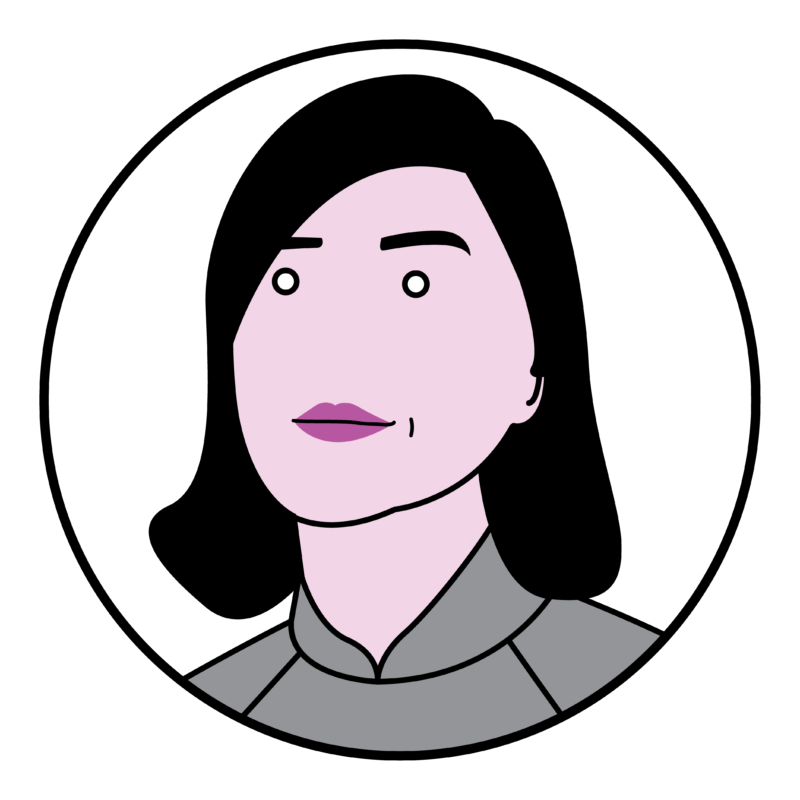I was first introduced to Vi Khi Nao’s writing through Fish in Exile, her 2016 novel about the breakdown of a marriage after the drowning of a couple’s two children. The book’s structuring question, “Is it better to be at home in exile or in exile at home?,” explores the capacity of grief to render some of the most essential forms of dwelling—love, language, body, and house—unlivable. Like much of Nao’s work, Fish in Exile finds in this unmooring the possibility for poetic sprawl, driven by a grief so restless it moves “between the ether of this world and sewage.”
Nao’s second novel, Swimming with Dead Stars, follows Maldon Interstellar, a writer of Vietnamese origin, who suffers from two pulmonary afflictions: one physiological (a bad heart) and the other emotional (suicidal ideations). Through the account of a cross-country journey that winds through the architectures of academia, health care, and Airbnb, Nao lays bare the entwined operations of these institutions and their physiological, emotional, and financial impoverishment of Maldon. Inhabiting a world in which “everything is costly,” Maldon faces the question of whether “the pain of existing is worth the cost.”
You have reached your article limit
Sign up for a digital subscription and continue reading all new issues, plus our entire archives, for just $1.50/month.
Already a subscriber? Sign in





